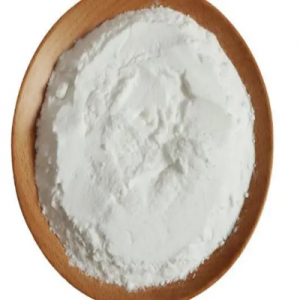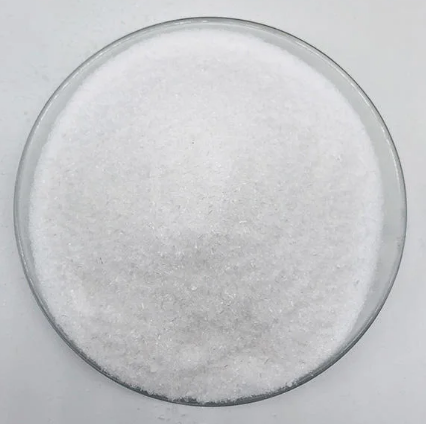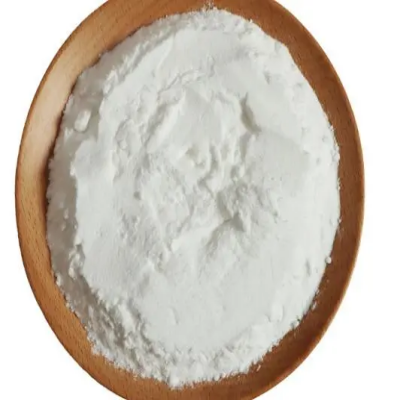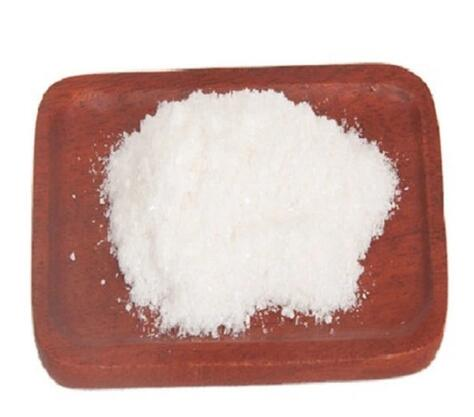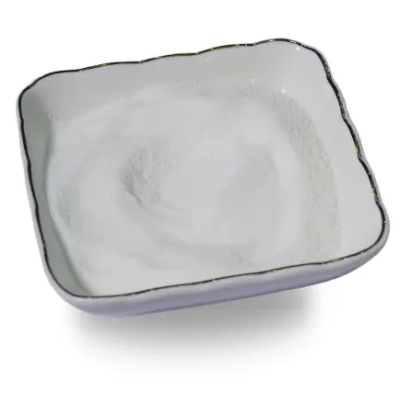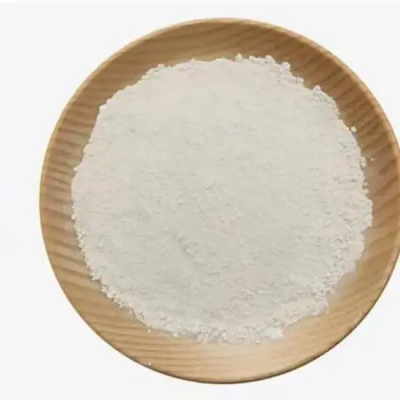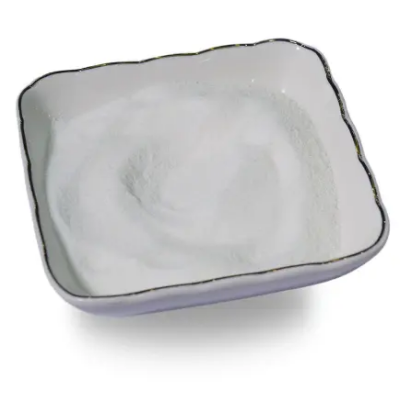Kanamycin sulfate CAS:70560-51-9
Kanamycin sulfate is primarily used in laboratory settings for the selection and maintenance of genetically modified cells. It is commonly added to growth media to prevent the growth of unwanted bacteria while allowing the growth of cells that have been engineered to be resistant to the antibiotic. This selective pressure ensures that only the desired cells survive and proliferate in culture. In molecular biology, kanamycin sulfate is frequently used as a selectable marker in plasmid vectors for gene cloning experiments. The presence of the kanamycin resistance gene in the plasmid allows researchers to easily identify and isolate cells that have successfully taken up the recombinant DNA. Additionally, kanamycin sulfate can be used to study bacterial sensitivity to antibiotics through methods such as disk diffusion or broth microdilution assays. Its broad antibacterial spectrum and well-established efficacy make it a valuable tool in microbiology research. Overall, kanamycin sulfate is an essential reagent in biological research, playing a crucial role in various applications such as cell culture, molecular cloning, and antimicrobial susceptibility testing. Its reliable performance and ease of use make it a staple in laboratories worldwide.



| Composition | C18H38N4O15S |
| Assay | 99% |
| Appearance | white powder |
| CAS No. | 70560-51-9 |
| Packing | Small and bulk |
| Shelf Life | 2 years |
| Storage | Store in cool and dry area |
| Certification | ISO. |



